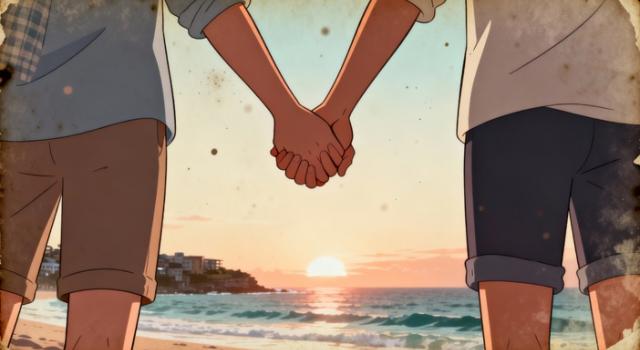Iconic Kiwi actor Pete Smithʼs early experiences of life were hard and traumatic times. Pete has set about to overcome the past and make known that there is life and hope after terrible pain.
The Nutters Club is a world first media phenomenon that has changed and saved lives. It has spawned a very large, strong and supportive Facebook community and morphed into a popular television series on Maori Television. Over 500,000 people view the Nutters Club Facebook page every week.
Now in its 15th year the radio show continues as the most popular in it's Sunday night timeslot. A live interview/talkback, The Nutters Club radio show deals with all the tough stuff that many in society would prefer to keep in the closet. Topics like mental health issues, drug/alcohol addictions and the socially taboo.
The show is hosted by Hamish Williams and Kyle MacDonald.
Featured video
Pete Smith
Nutters Video Clips
From time to time we will be producing new mini episodes of The Nutters Club from our Newstalk ZB studio. You’ll find these and other clips here.
TV Shows
Seventy five epsidoes of The Nutters Club TV show have been produced on topics such as depression, bipolar disorder, addiction, anxiety and much more.
Radio Shows
You can catch up on our Newstalk ZB radio show here every week with these podcasts of the entire show.
